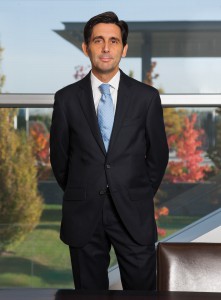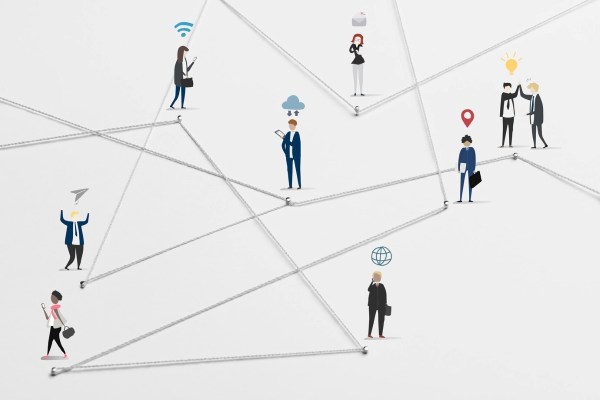Millennials have been the hardest hit by the global recession, yet the members of this ambitious generation remain optimistic about their future and the future of their countries. Deeply committed to education, staunch believers in social responsibility and convinced that technology has improved and can continue to improve their lives, these digital natives have clear ideas on how to change the world for the better, starting with the role technology can play. Unfortunately, our societies may be denying the 2.5 billion Millennials (roughly a third of our worldwide community) their chance to capitalize on the opportunities arising from the digital age. If we cannot correct the alarming levels of unemployment and underemployment, these dynamic young people could be lost.
According to the International Labour Organization (ILO), young people continue to be particularly affected by the uneven economic recovery. At the start of 2014, global youth unemployment had risen above 13 percent; almost three times as high as the adult rate. Even more disturbing, the World Economic Forum reports that more than six million Millennials have given up looking for work entirely. The ILO has also designated a subgroup, known as NEET, who are neither employed nor in education or training. In certain countries, almost one quarter of 15-to-29 year-olds are classified as NEET.
To reverse these alarming trends, we need to understand the members of this generation better, in particular, their views on the obstacles they face, how things should change and the roles they hope to play. Greater insight into the issues this generation says it faces will help NGOs, governments and the private sector find innovative ways to train, hire and fully deploy an essential portion of our population, one that is especially important for our future.
To help gain this insight, Telefónica has conducted global millennial surveys over the past two years. The most recent one, released last month, polled more than 6,700 18-to-30 year-olds in 18 countries — with special focus on Latin America, the United States and Western Europe – on their aspirations, their relationship with technology and their views on the world. The results reveal a focus on job and career: 43 percent identify a stable, well-paying job as the accomplishment most important to them in the next ten years, ranked well above getting married, owning a home or having children.
Seventy-one percent indicate a willingness to seek employment abroad, with 50 percent of Latin Americans citing a better paying job as the chief benefit of making the move. Based on my own experience, living in another culture can be enriching, but if young people feel obligated to relocate to earn more money or find employment, their countries are not providing enough opportunity for them at home.
Millennials see traditional hierarchies becoming obsolete and embrace technology as a powerful means of removing barriers between people and possibilities. A full 83 percent of respondents describe themselves as being on the cutting-edge of technology and consider a digital skillset an asset to their careers. Their ubiquitous use of mobile technology is about more than entertainment: It is transforming the way they work, learn, access information and express their opinions — and, in their views, how they open opportunity.
Their views about technology are especially clear when it comes to education. Forty-two percent say the education system is a barrier to domestic growth in their countries. They strongly want their governments to focus on reforming curriculum, improving teaching, providing access to all and, importantly, enabling greater access to technology as a key element of a quality education.
Despite concerns about the quality and availability of education, 72 percent of respondents agree they have opportunities to become an entrepreneur in their own country. This is the kind of entrepreneurial spirit Millennials are telling businesses, governments and NGOs they want to see empowered. Telefónica’s response to this has been a recently launched program called Open Future, to foster innovation among young people by generating employment and economic opportunities through startups and digital skills training.
To improve the circumstances and unlock the enormous potential the Millennials tell us they clearly see and are eager to tap, I encourage local, state and federal governments to examine their education systems and invest in quality training and jobs for young people. I ask educators to adjust their curriculums to eliminate any mismatch between the skills schools teach and the skills businesses need, which will better prepare graduates for what they say in large numbers they want most – a stable, well-paying job and the opportunity to help create even more jobs for others. And, I call on my fellow business leaders to develop effective public/private partnerships that put Millennials to work and help put their talent and enthusiasm to work for all of us.
If we fail to listen to this promising generation, we may lose them. And we will have no one to blame but ourselves.
This piece also featured on The Huffington Post.














